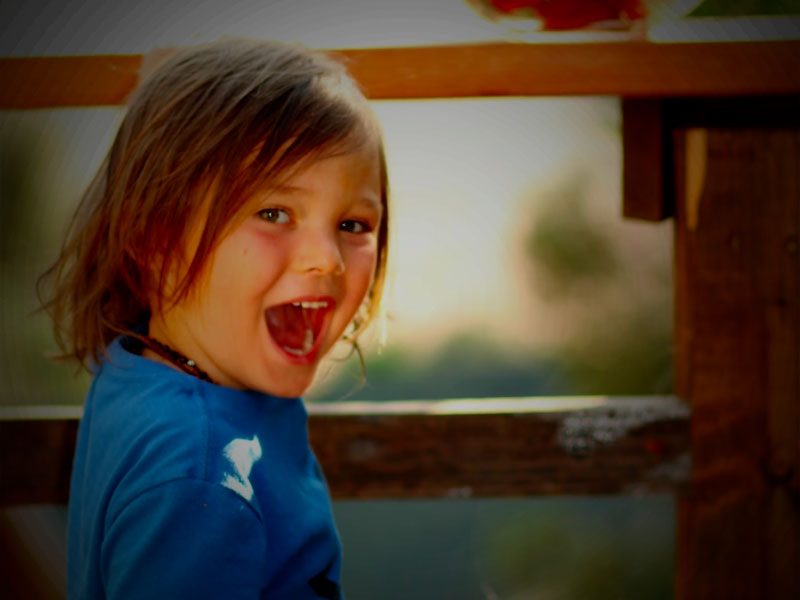Childhood is a remarkable phase of life, characterized by rapid physical, cognitive, emotional, and social growth. It is during this critical period that the foundation for a child’s future is laid, shaping their personality, capabilities, and potential. The intricate process of childhood development is a subject of immense significance, as it not only impacts an individual’s immediate experiences but also influences their long-term trajectory in life.
Physical Development: The Building Blocks of Growth
Physical development during childhood is a remarkable journey marked by significant milestones. From the moment a baby takes its first steps to the gradual refinement of motor skills, the physical aspect of childhood development plays a pivotal role in shaping a child’s interaction with the world around them.
During infancy, rapid changes occur in a child’s body as they learn to control their movements and senses. As they progress into early childhood, activities such as crawling, walking, and running further enhance their motor skills. Engaging in physical activities and sports not only promotes physical health but also fosters teamwork, discipline, and self-confidence.
Cognitive Development: Expanding the Horizons of Knowledge
Cognitive development refers to the growth of a child’s intellectual abilities and mental processes. It encompasses a wide range of skills, including language acquisition, problem-solving, memory, and creative thinking. These cognitive skills are crucial for academic success and effective functioning in society.
Language acquisition is particularly noteworthy during early childhood. As children are exposed to their native language, they rapidly absorb and mimic sounds, words, and grammatical structures. Language proficiency not only facilitates effective communication but also lays the groundwork for literacy and future academic achievement.
Furthermore, cognitive development involves nurturing a child’s curiosity and encouraging exploration. Providing opportunities for hands-on learning, critical thinking, and exposure to diverse experiences enriches a child’s mental development and broadens their perspectives.
Emotional Development: Nurturing a Resilient Spirit
Emotional development is the process through which children learn to understand, manage, and express their emotions. This aspect of childhood development is crucial for building healthy relationships, coping with challenges, and developing a strong sense of self.
During childhood, children experience a range of emotions as they navigate new situations and interactions. It is essential for caregivers and parents to create a supportive and nurturing environment that allows children to express their feelings without fear of judgment. Emotional intelligence, the ability to recognize and empathize with one’s own and others’ emotions, is a skill that greatly contributes to successful social interactions and overall well-being.
Social Development: Building Bridges of Connection
Social development involves learning to interact with others, form relationships, and navigate social norms. From family interactions to peer relationships, this aspect of childhood development shapes a child’s ability to communicate, cooperate, and collaborate with others.
Play is a vital component of social development during childhood. Through play, children learn to negotiate, share, and resolve conflicts, fostering essential skills that are carried into adulthood. As children engage in imaginative play, they develop empathy and a deeper understanding of the perspectives of others.
Parental guidance and positive role models play a critical role in shaping a child’s social development. Children observe and imitate the behavior of those around them, forming the basis for their own social interactions. Encouraging teamwork, kindness, and respect from an early age sets the stage for healthy relationships and effective communication skills in the future.
Conclusion: Nurturing the Seeds of Potential
Childhood development is a dynamic and multifaceted journey that lays the foundation for a child’s lifelong growth and well-being. Physical, cognitive, emotional, and social development interact and influence one another, creating a complex web of experiences that shape an individual’s identity.
As caregivers, parents, educators, and society at large, it is our responsibility to create an environment that supports and nurtures each child’s unique developmental journey. By recognizing the importance of physical activities, cognitive stimulation, emotional support, and social interactions, we can empower children to reach their full potential and become confident, capable, and resilient individuals prepared to face the challenges and opportunities of the future.







